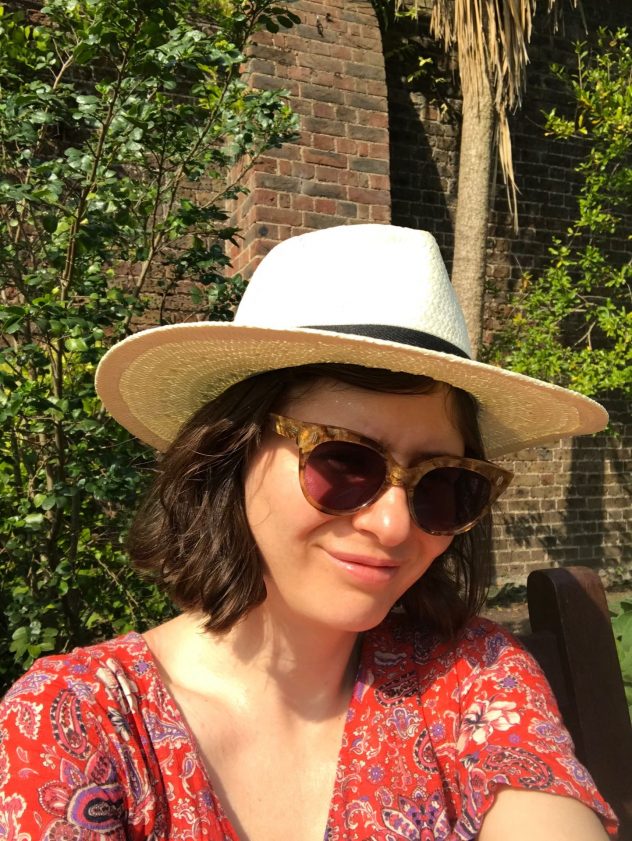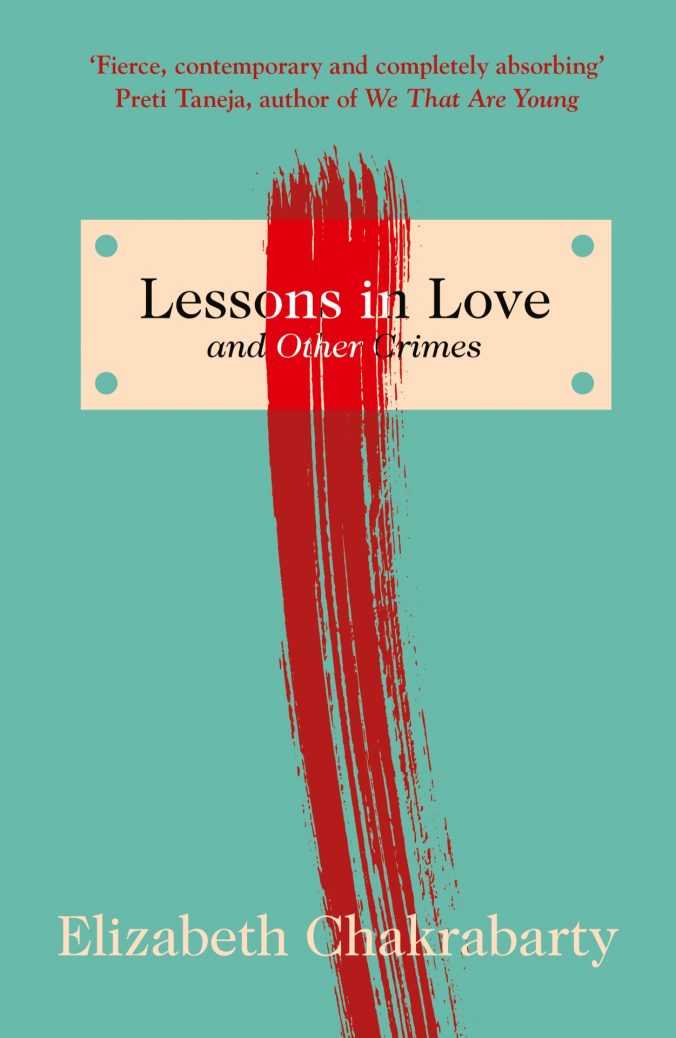by Rebekah Lattin-Rawstrone
City Writes is the showcase event for all the wonderful creative writing coming from City’s Creative Writing Short Courses. Combining the new voices of students and alumni with the work of published alumni, the event always brings excitement and intrigue and this term’s event had everything from healers through dealers, to feminist and Polish heroes, fabulous chickens, hallucinogenic frogs and of course a twelve-year-old boy working to escape a Victorian style workhouse in an alternative smog-filled London, the protagonist of published guest, Michael Mann’s middle grade debut, Ghostcloud.
We began the night with James Baxter reading an extract from his story, ‘The Drop’. James is an alumnus of the Short Story Writing course at City and he took us into the busy, chaotic streets of a foreign city alongside his English protagonist whose bag was filled with cocaine, wrapped in coffee paste to hide the smell. Leaving us tense and anxious, we were eager to find out what would happen next. It didn’t feel like it would be anything good.
Emma Bielecki, alumna of the fantastic Narrative Non-Fiction course, read next, remaking the familiar Ealing, into her father’s Polish ‘Eh-ALL-ing’. She tantalised our taste buds with Polish cuisine, giving us a picture of her father most at ease peeling a sausage, before expertly navigating us away from food towards the histories of her father and his Polish friends who had fled to London years before. The most topical piece of the night, Emma’s creative non-fiction was a brilliant example of how to take listeners and readers on a sensory and emotional journey to highlight different perspectives of the past that go on to alter our understanding in the present.
We took a fictional turn next, diving into the world of a young girl making money with her friend, in Sini Downing’s extract, ‘The Stink of Money’, taken from her novel. A Short Story Writing and Towards Publication alumna, Sini’s reading was an engrossing immersion into her character. We began by wondering how young girls could make so much money, and feared something darker than the unusual turn Sini introduced. Her protagonist is exhausted from healing people, her sister included. We were all hooked by the end of Sini’s reading.
Following on from Sini was Adam Zunker, another reader who, like Sini, was making his second appearance at City Writes. Adam has taken several short courses in creative writing at City University and he read another extract from his wonderful novel – just completed this week! – in which a young boy attempts to step into the Afterworld using the pus from the back of a sacred frog, a special stone, a fire and two circles. Revolting and transporting, Adam’s reading left us wanting to find out if his young character would be successful.
From frogs to chickens, we joined Alison Halsey next as she read from her novel, Minta Gets Everything Wrong. Alison has just completed An approach to Creative Writing and she took us to the funeral of her character’s sister, to which the bereaved daughter with disabilities insisted upon bringing her chicken and slapping her half-brother round the head. A black comedy with a warm and informal narrative voice, Alison’s story had us all giggling and looking forward to hearing more.
Our final competition winner, Stephanie Donowho, alumna of Novel Writing and Longer Works, read us her story ‘Once a daughter of Eve’ next. Stephanie’s story took us into the mind of a child growing up in a Christian household, surrounded by Bible geeks, whose self-motivated exploration into less well read parts of the Bible led to finding two stories of women called Tamar, one of whom had to cheat a man into bed. A fascinating story of growing feminist awakening, Stephanie’s piece was a fabulous segue from competition winner to published author.
Our headline act, Michael Mann, read next. Michael is an alumnus of the Writers’ Workshop at City and began his debut, Ghostcloud, in that very class. A winner of Undiscovered Voices 2020 and the 2019 London Writers Award, Michael’s middle grade novel is set in the smoky, dark underworld of Battersea Power Station in an alternative smog-filled London. Michael read the opening of the book in which we met twelve-year-old Luke, struggling to shovel coal, trying to work hard enough to earn his escape back into the light of London and his family from which he was kidnapped. We met his kidnapper, Tabitha, and two of the other children suffering under her regime. You’ll have to read the book to find out what happens next. Click here to get your copy.
Michael then took part in a Q&A with Novel Studio tutor and City Writes host, Rebekah Lattin-Rawstrone, followed by questions from the audience. Michael helped us understand his inspirations, the development of the novel and how publication and the expectations of publishers has changed his writing practice. Generous in his sharing of tips and ideas for budding children’s authors, you can follow the whole discussion and catch up with our competition winners’ readings, by watching the recording of the event here. Michael was keen to remind the audience that he loves visiting schools. If you do have connections to a Primary School near you, you can contact Michael on mbmann@gmail.com
City Writes is a great space for sharing the creative writing talent that abounds from City’s short creative writing courses. Look out for the Summer event and if you are an alumni or current student, don’t forget to enter next term’s competition. We have two published alumni reading for us next term: Simon Culleton and Attiya Khan, both Novel Studio alumni, whose novels respectively are, Shadows of Fathers about a father’s battle for child custody across national borders and Ten Steps to Us that follows a young Muslim girl’s struggle to maintain her faith in her quest for love. Watch this space for further details of the event and the competition.














Recent Comments